Frequently Asked Questions
Under the federal law gambling can be conducted on "Indian land." Federal law defines "Indian land" as land that is either:
- part of a federally recognized Indian reservation, or
- off a reservation but held in trust for an Indian tribe by the federal government, or under the jurisdiction of an Indian governing body.
As this definition points out, it is not necessary for land to be actually part of a reservation for gambling to be conducted on it. In theory, an Indian tribe could buy land anywhere in a state and operate a casino on it, by having it declared Indian trust land by an Act of Congress, a court decision or settlement or through an application through the U.S. Department of the Interior.
Federal law regulates two distinct types of gambling on Indian land. Under the IGRA, there are 2 major kinds of gambling, each with its own regulatory mechanism. (IGRA also recognizes a third form of Indian gaming, class I (meaning traditional tribal ceremonial games), but exempts it from both federal and state jurisdiction.)
Class II gambling is governed by a tribal ordinance that must meet federal guidelines and be approved by the NIGC. IGRA defines Class II gaming as bingo; when played in the same location as bingo – pull tabs, lotto, punch boards, tip jars, instant bingo, other games similar to bingo; and non-house banked card games authorized or not explicitly prohibited by the state in which the tribal operation is located.
Class III gambling is conducted under a compact that each tribe negotiates with the government of the state in which it is located. The compacts can apply those state laws to class III gambling that each party believes necessary for regulation. Class III gaming authorized by the Oklahoma State-Tribal gaming compacts, consists of electronic amusement games, electronic bonanza style bingo games, electronic instant bingo and non-house banked card games.
Tribal-State compacts are agreements that establish the rules to govern the conduct of Class III gaming activities. Although a compact is negotiated between a tribe and a state, the U.S. Secretary of Interior must also approve the compact.
The IGRA requires net revenues from any tribal gaming operation are to be used for the following purposes:
- fund tribal government operations
- provide for the general welfare of the Indian tribe and its members
- promote tribal economic development
- donate to charitable organizations
- help fund operations of local government agencies
If the tribe is able to adequately provide for these services and wishes to distribute net revenue in the form of a per capita payment to members of the tribe, the tribe must have a Revenue Allocation Plan (RAP), which is approved by the U.S. Secretary of the Interior.
Oklahoma does not have a central licensing process for gaming vendors. Under the Tribal-State Compacts, vendor licensing is done by the individual tribes/nations. Prospective vendors should contact the tribes for their specific requirements.


